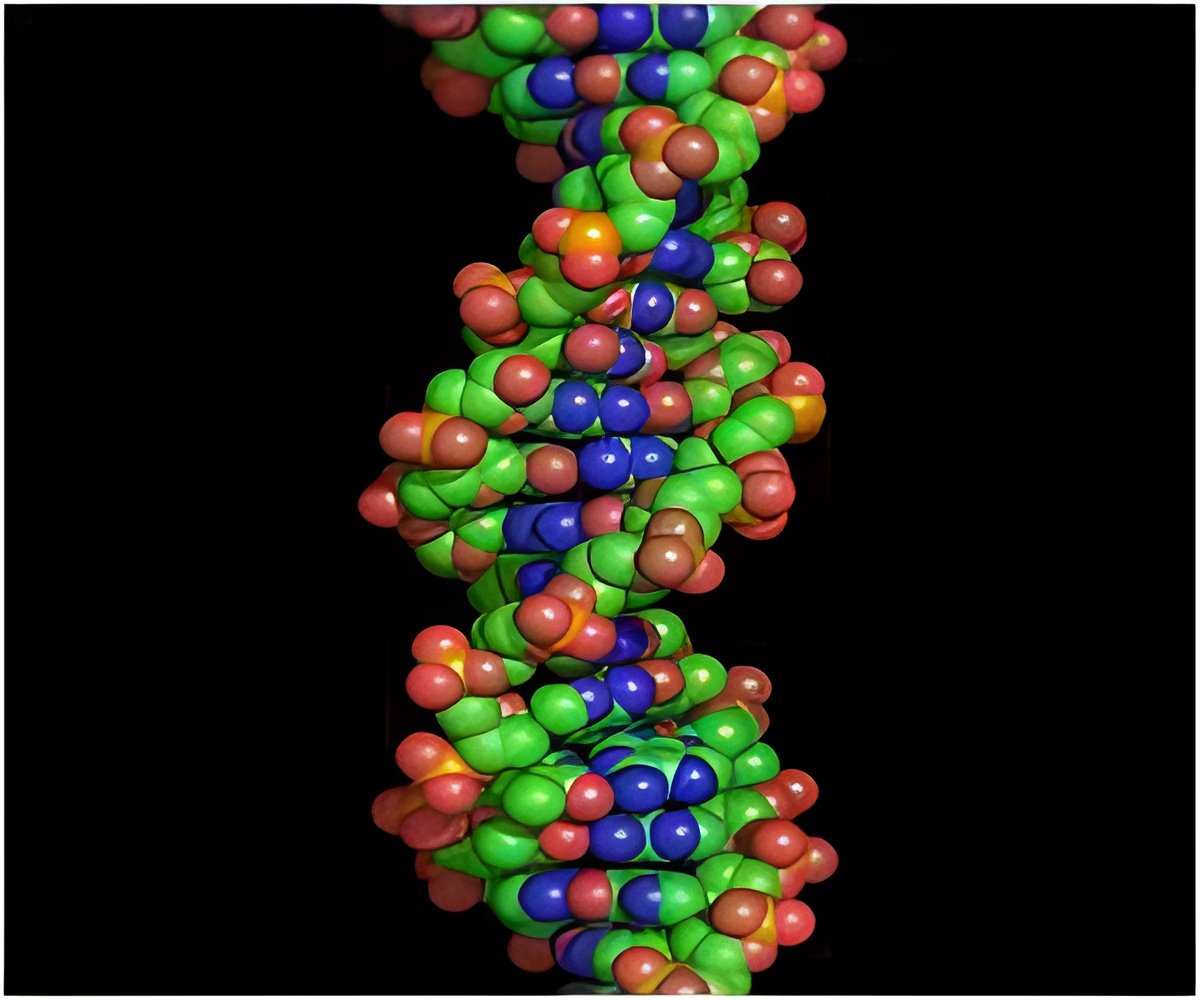Large list of causal candidate genes associated with alcohol consumption and alcohol use disorder (AUD) has been revealed in a study.

‘Large list of causal candidate genes associated with alcohol consumption and alcohol use disorder (AUD) has been revealed in a study of its kind in the field of addiction genetics using a multi-omics approach.
’





Although earlier studies have identified loci (genetic regions) associated with alcohol consumption, the present study helps in identifying the variants and genes themselves. Genes and Alcohol Abuse
“Identification of causal variants and genes underlying genome-wide association study (GWAS) loci is essential to understand the biology of alcohol use disorder and to improve its treatment,” says first and co-corresponding author, Manav Kapoor. Ph.D., an Assistant Professor of Neuroscience and Genetics and Genomics at Mount Sinai at the time of the study.
The study team integrated multi-omics data, using Mendelian Randomization-based methods to identify genes relevant to AUD. It was done on the largest available transcriptomic and epigenomic data from brain tissues and myeloid cells.
The study successfully mapped complex loci with the identification of close variants and candidate genes, including SPI1 and MAPT genes, associated with alcoholism.
Advertisement
SPI1 gene may be a major reason for the enrichment of immune pathways in drinking behaviors. And the MAPT gene encodes the tau protein, which is known for its role in central nervous system disorders such as Alzheimer’s disease, frontotemporal dementia, Parkinson’s disease, and other neurodegenerative disorders known as tauopathies.
Advertisement
Source-Medindia















